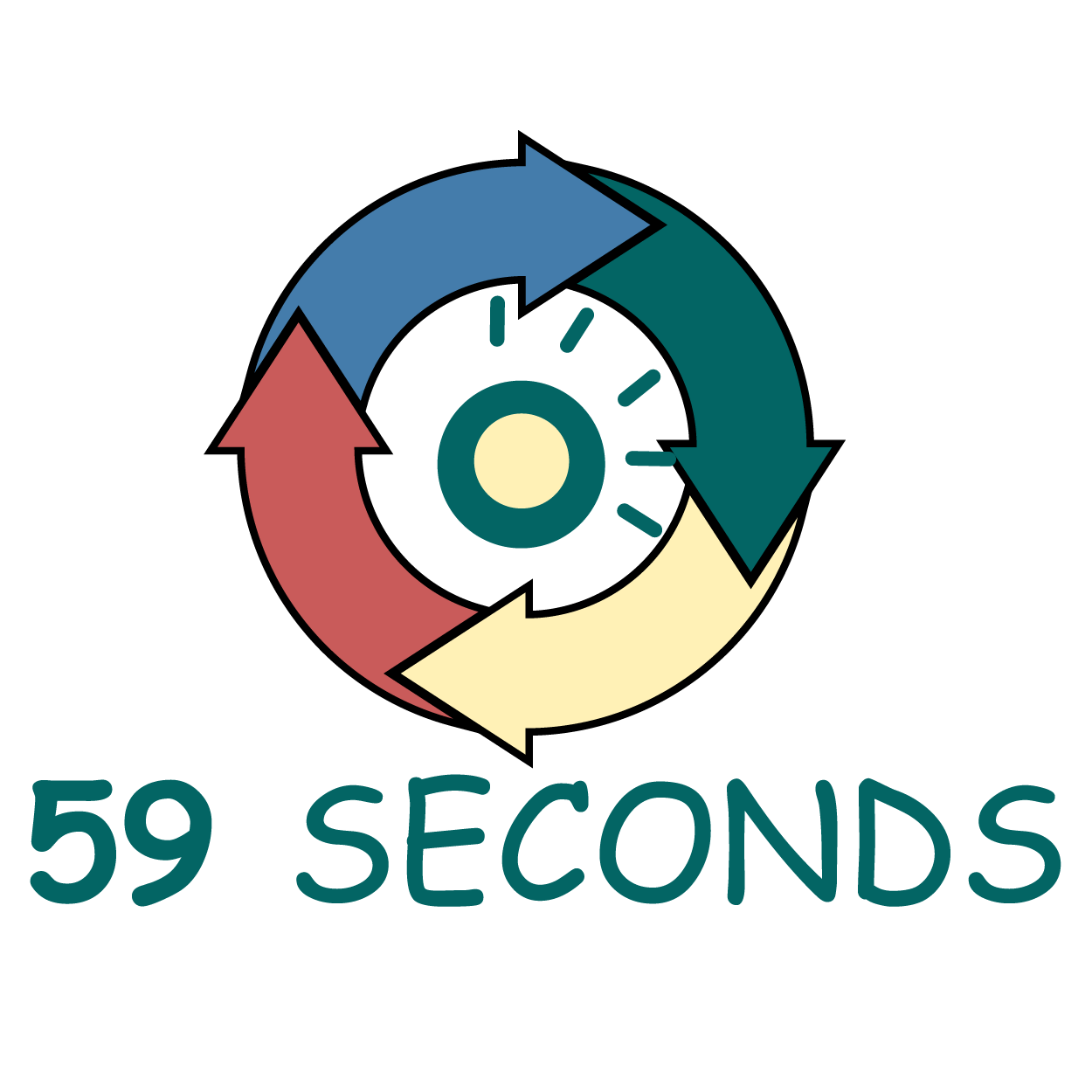SMART Tasks
SMART is an acronym that can serve as guide when creating tasks. SMART stands for:
- Specific – The task needs to be independent in accomplishing an objective. It also needs to be specific enough to be understood by everyone.
- Measurable – The task must be mark-able as “Done”, and everyone needs to agree on what “Done” would mean for the tasks.
- Achievable – It is expected for task owners to find ways to achieve and complete their tasks.
- Relevant – The task must be valuable and justifiable to the user story and the customers.
- Time-boxed – The task must be limited to a specific duration.
Creating SMART tasks mean creating tasks that are clear, well-defined, and valuable. Such tasks should have definite end-states, should be realistic and feasible as skills and resources permit, and should be accomplished within a certain period of time.
Breaking Down Tasks
Completion of user stories and delivery of the product increment entail the usage of various skills and technologies. And the best people to assess how to put those skills and technologies to use is the development team itself. Because of this, it takes teamwork to decompose user stories and list the tasks that are needed to achieve the Sprint goal.
When decomposing user stories into tasks, the Scrum team should analyse each user story and its acceptance criteria in order to discuss what needs to be done. By bringing the team together to put their ideas on the table, everyone gets each other’s point of view to assess what are the necessary tasks and what are the unnecessary tasks. Identifying tasks also help determine if a user story is too big, would take more than one Sprint to finish, and would need to be split further.
Recommended Further Reading
The following materials may assist you in order to get the most out of this course:
